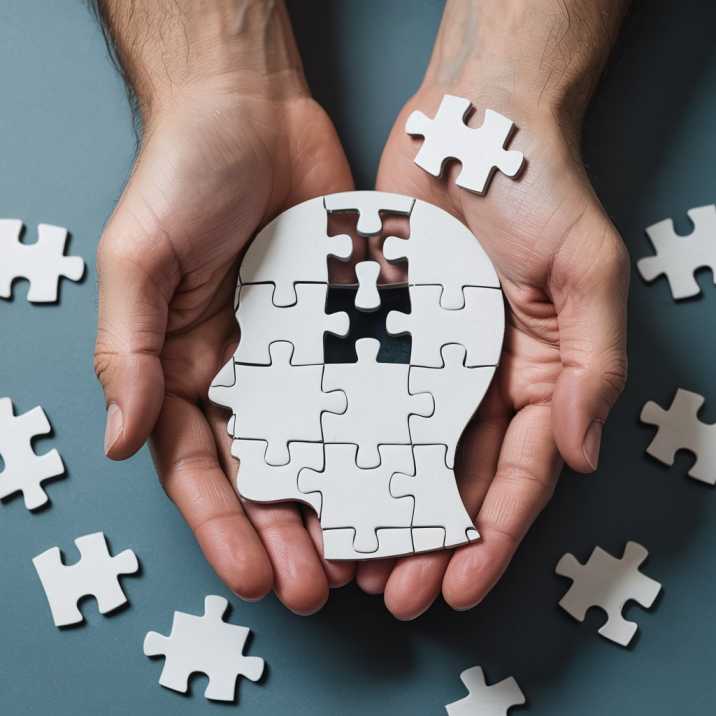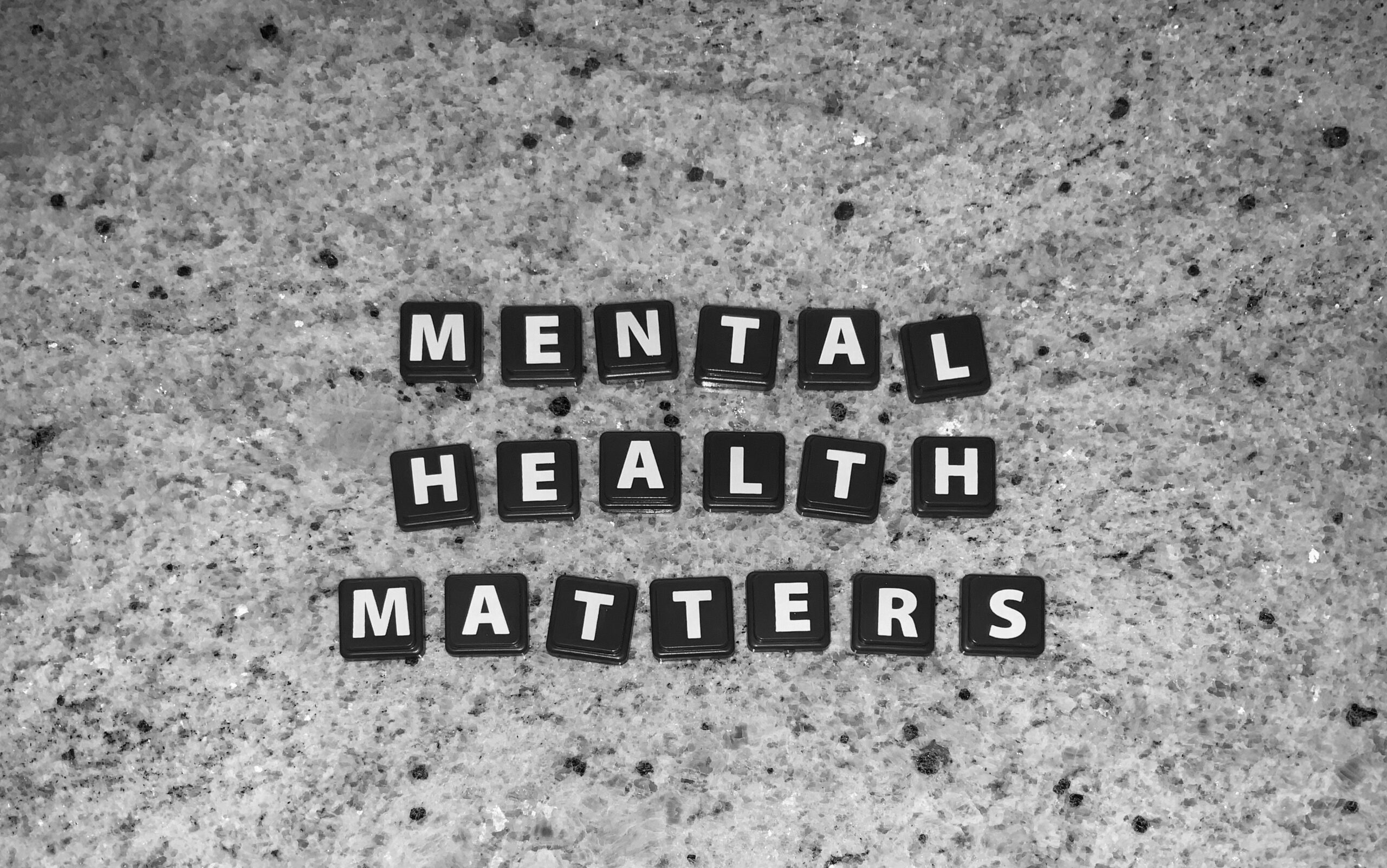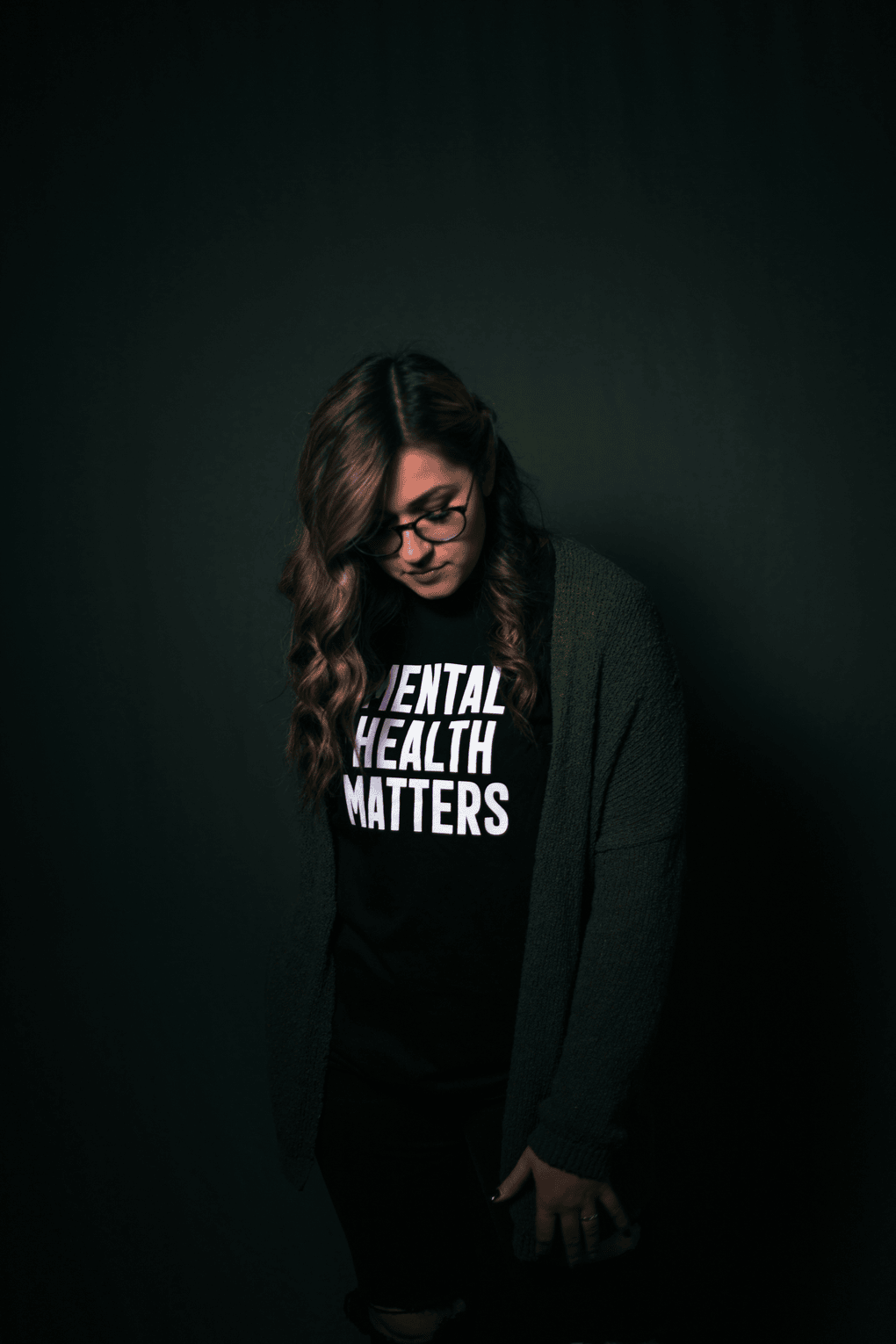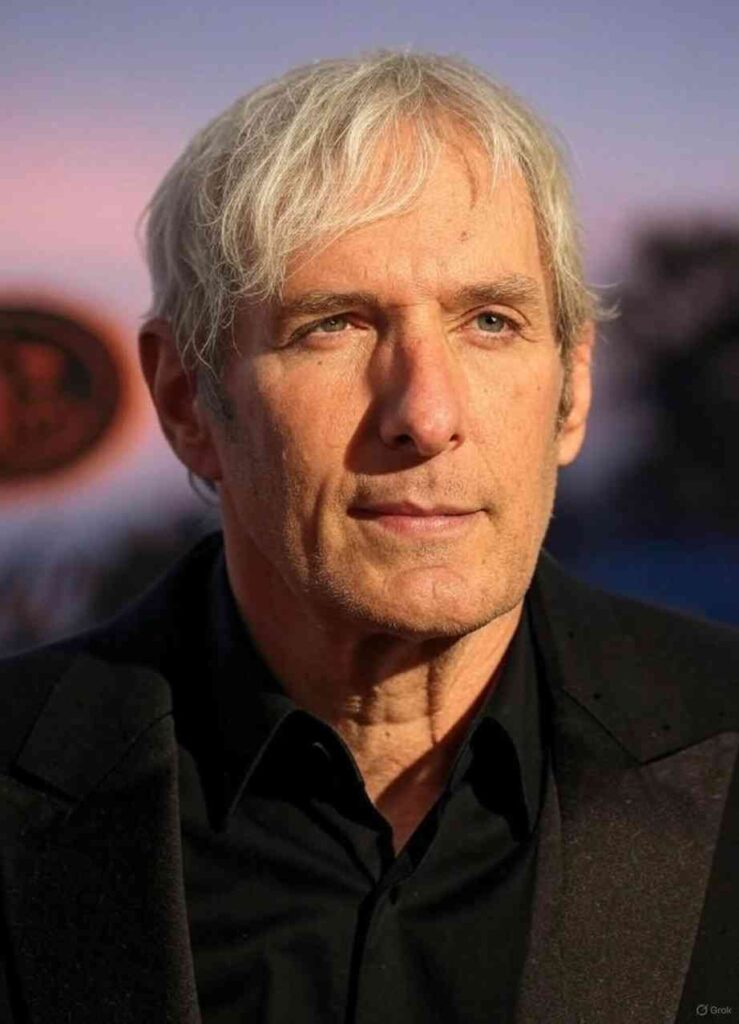Explore why mental health awareness is crucial. Learn insights, comparisons, and ways to spark conversations that foster understanding and support.

Introduction: Why “Mental Health” Deserves Our Attention
Imagine walking into a room where everyone’s whispering about an invisible burden—yet nobody dares to ask, “Are you okay?” That silence is what millions face every day. By shining a light on mental health, we replace whispers with open dialogue, judgment with empathy, and isolation with community.
From anxiety and depression to bipolar disorder and PTSD, one in four people worldwide experience a mental health condition in their lifetime (World Health Organisation). When we talk about mental health—early, often, and without shame—we create space for prevention, early intervention, and healing.

From Shadows to Spotlight: The Evolution of Mental Health Awareness
For centuries, mental health was shrouded in fear and shame. The 19th-century “asylums” hid people away, while 1950s pop culture reduced conditions like anxiety to “nervous breakdowns.” Fast-forward to 2024: We’ve swapped silence for science, but progress remains uneven.
Key Milestones:
- 1949: The first Mental Health Awareness Month launched by Mental Health America (MHA).
- 1992: The World Health Organization (WHO) recognizes depression as a global epidemic.
- 2020: COVID-19 triggers a 25% surge in anxiety and depression worldwide, per WHO.

While therapy is now mainstream in some communities, rural areas and marginalized groups still face barriers like cost and cultural stigma. Awareness campaigns bridge this gap by normalizing struggles and spotlighting solutions.
Comparing Awareness: Week vs. Month vs. Everyday Conversations
Observances play a vital role in rallying attention, but they’re only the beginning. Here’s how different approaches stack up:
| Event | Duration | Primary Goal | Key Activities |
|---|---|---|---|
| Mental Health Awareness Week | One week in May | Deep dive on a single theme | Virtual seminars, daily blog posts, themed talks |
| Mental Health Awareness Month | Entire month of May | Broad public engagement | Social media campaigns, fundraising, media features |
| Everyday Conversations | Ongoing (daily) | Sustained support & destigmatization | Peer check-ins, sharing resources, casual chats |
By understanding these distinctions, you can leverage each observance to their fullest:
- Week: Focused education on one aspect (e.g., stress management).
- Month: Wider campaigns that encompass multiple topics (e.g., youth mental health, workplace wellness).
- Daily: Informal yet powerful check-ins with friends, family, and colleagues.
Key Insights & Fresh Perspectives
1. Conversation as Prevention
Research shows that talking early can be as effective as medical intervention in some cases. A 2023 survey by the National Institute of Mental Health (NIMH) found that individuals who discussed symptoms with a friend or family member within the first week of onset were 30% more likely to seek professional help within a month. By normalizing these talks, we spot warning signs faster and guide loved ones to care sooner.
2. The Power of Lived Experience
Personal stories cut through statistics. Sharing your own journey—be it a season of anxiety or a struggle with burnout—lets others know they’re not alone. Consider hosting a “Story Swap” at work or in your community:
- Invite volunteers to share a 5-minute experience.
- Offer a safe, confidential space (in-person or virtual).
- Follow up with resource handouts (e.g., links to MentalHealth.gov).
3. Bridging Cultural Gaps
Mental health stigma varies across cultures. In Pakistan, for example, discussions around mental wellness often collide with social expectations and religious beliefs. Partnering with local influencers, faith leaders, and healthcare providers can tailor messaging that respects traditions while promoting openness. Highlighting indigenous healing practices alongside clinical treatments fosters trust and relevance.
4. Technology’s Double-Edged Sword
Apps like Calm, Headspace, and Moodfit offer on-demand support—and yet, endless scrolling and social media comparison can fuel anxiety. Encourage digital balance:
- Set “Phone-Free” hours for mindfulness.
- Use tracking apps to spot negative usage patterns.
- Host “Tech & Tea” gatherings where participants discuss how to leverage apps for wellbeing without getting trapped by notifications.
A Deeper Look: Data-Driven Context
Global Prevalence
• 1 in 8 people worldwide live with a mental disorder.
• Depression is the leading cause of disability globally.
Economic Impact
• Untreated mental illness costs the global economy $1 trillion per year in lost productivity.
• Every $1 invested in scaling up treatment yields a $4 return in improved health and productivity.
Treatment Gap
• Up to 75% of people in low- and middle-income countries receive no treatment.
• Developed nations: 50% gap between need and access.
Source: WHO Mental Health Atlas (2024)
These figures underscore why awareness months and weeks matter—they concentrate advocacy power to influence policy, funding, and research priorities.
Crafting Your Own Awareness Campaign
Whether you’re an individual, a workplace, or a community group, here are steps to build momentum:
- Define Your Objective
- Awareness? Education? Fundraising?
- Choose Your Channel
- Social media hashtags (#MindMatters), webinars, podcasts, or community rallies.
- Collaborate
- Partner with local NGOs, mental health professionals, or influencers.
- Provide Resources
- Link to internal articles (e.g., Coping Strategies) and authoritative sites (WHO, NIMH).
- Measure Impact
- Track engagement (likes, shares, webinar attendance) and survey feedback.
Conclusion: From Awareness to Action
Raising a banner once a year is powerful—but lasting change happens when every person feels empowered to speak up, listen deeply, and offer support. As Mental Health Awareness Month approaches, let’s commit to:
- Starting real conversations beyond May.
- Listening without judgment, even if words fail us.
- Connecting others to care, whether through hotlines, professional help, or peer support.
Only by weaving mental health into our daily dialogue can we dismantle stigma, close treatment gaps, and honor the humanity in us all.
Ready to make a difference?
- Share your story in the comments below or on social media with #MindMatters.
- Subscribe to our newsletter for weekly insights on mental wellbeing.
- Explore our Self-Care Toolkit for practical exercises you can start today.


Pingback: Effective Home Workouts for Health and Weight Loss - Health Pulsewise